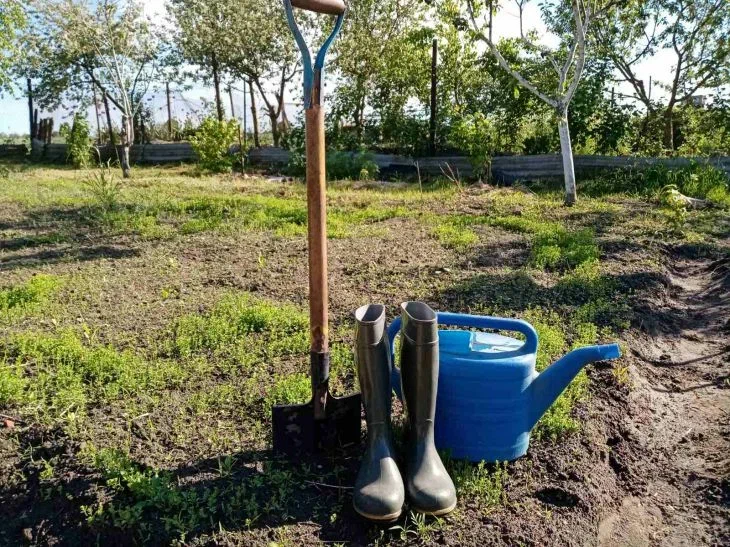Why do summer residents bury bay leaves in the garden: and you can also make a decoction
Summer residents are cunning in all sorts of inventions that allow them to increase crop yields, cope with diseases and pests, or restore the fertile soil layer.
They often use kitchen spices and other products for these purposes.
Let's find out what to expect from a bay leaf buried in the garden and what else you can come up with with this additive.
Bay leaf in the garden
Bay leaves are considered a universal spice. They have proven themselves in cooking, folk medicine, and now also in agriculture.
It is considered a suitable means for preparing beds for the new season and solving a number of problems known in summer cottage circles.

Firstly, bay leaves contain essential oils that repel pests.
Secondly, the phytoncides and tannins it contains actively resist the spread of fungi and other pathogens in the soil.
Thirdly, bay leaf saturates the soil with potassium, calcium, phosphorus, manganese, selenium, magnesium, copper and other minerals necessary for plant growth.
How to proceed
A similar effect can be achieved by burying just three bay leaves in a garden bed to a depth of 5 cm.
Then water and cover with covering material.
You can prepare a decoction for watering.
To do this, add 5 bay leaves to 1 liter of water and bring to a boil. Dissolve the concentrate in 9 liters of water and water the beds after harvesting.
